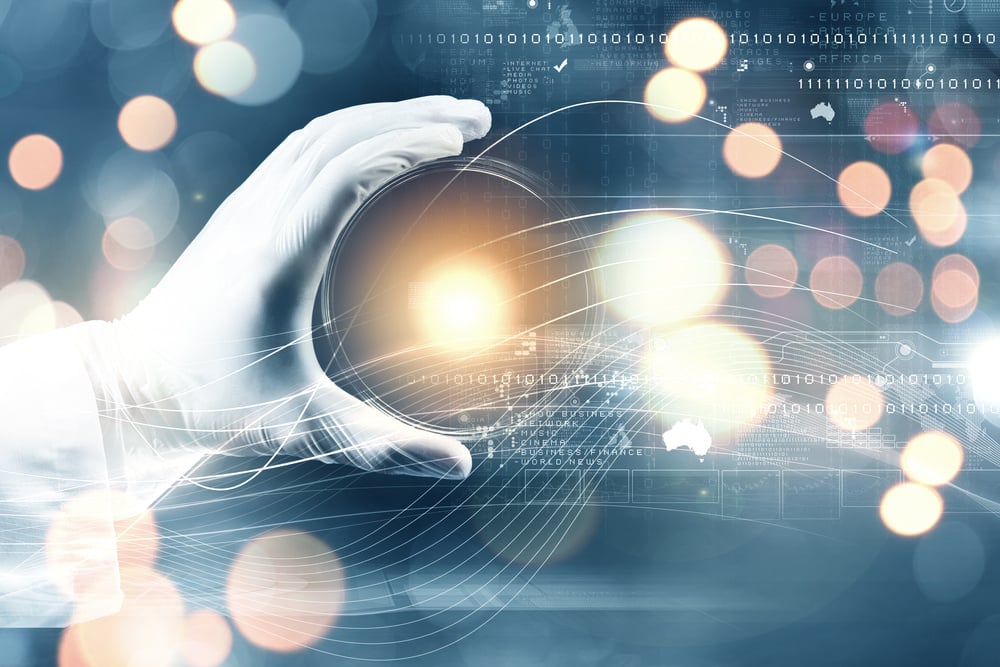The Clean Energy Revolution: 8 Groundbreaking Innovations
The world is on the cusp of an energy revolution, driven by a global imperative to combat climate...

The Future of AI and Renewable Energy: A Sustainable Partnership
As the world grapples with the urgent need to transition towards cleaner energy sources, artificial intelligence (AI) is emerging as a powerful ally in the fight against climate change. The convergence of AI and renewable energy is creating a sustainable partnership that promises to revolutionize the way we generate, distribute, and consume energy.
Optimizing Renewable Energy Generation
One of the biggest challenges with renewable energy sources like solar and wind is their intermittent nature. The sun doesn't always shine, and the wind doesn't always blow. AI can help address this issue by predicting weather patterns and energy demand, allowing for more efficient energy generation and storage.
Machine learning algorithms can analyze vast amounts of historical weather data and real-time sensor readings to forecast solar and wind output with remarkable accuracy. This enables grid operators to anticipate fluctuations in renewable energy generation and adjust their operations accordingly, reducing the need for fossil fuel backup power.
Furthermore, AI can optimize the performance of individual renewable energy assets. For example, AI-powered algorithms can adjust the angle of solar panels to maximize sunlight exposure or control the pitch of wind turbine blades to capture the most wind energy.
Enhancing Energy Efficiency
AI can also play a vital role in improving energy efficiency across various sectors. Smart grids, powered by AI, can intelligently manage energy distribution, reducing waste and optimizing consumption.
AI algorithms can analyze energy usage patterns in buildings and identify areas for improvement. This can lead to more efficient heating and cooling systems, optimized lighting, and reduced energy waste from appliances.
In the industrial sector, AI can be used to optimize production processes, reducing energy consumption and minimizing waste. For example, AI can predict equipment failures and schedule maintenance proactively, preventing energy-intensive breakdowns.
Enabling a More Sustainable Future
The partnership between AI and renewable energy has the potential to accelerate our transition to a sustainable future. By optimizing renewable energy generation, improving energy efficiency, and enabling smarter energy management, AI can help us reduce our reliance on fossil fuels and decrease greenhouse gas emissions.
Moreover, AI can empower individuals and communities to make more informed decisions about their energy consumption. Smart home devices and apps can provide real-time data on energy usage, allowing homeowners to identify areas for improvement and make adjustments to their habits.
Conclusion
The future of clean energy is bright, and AI is playing an increasingly important role in its development. By harnessing the power of AI, we can optimize renewable energy generation, enhance energy efficiency, and create a more sustainable energy system for all. As we continue to innovate and push the boundaries of technology, the partnership between AI and renewable energy will undoubtedly lead us towards a greener, more prosperous future.

The world is on the cusp of an energy revolution, driven by a global imperative to combat climate...

As the world grapples with the pressing need to transition towards a more sustainable energy...

In an era where climate change and sustainability are at the forefront of global concerns, energy...